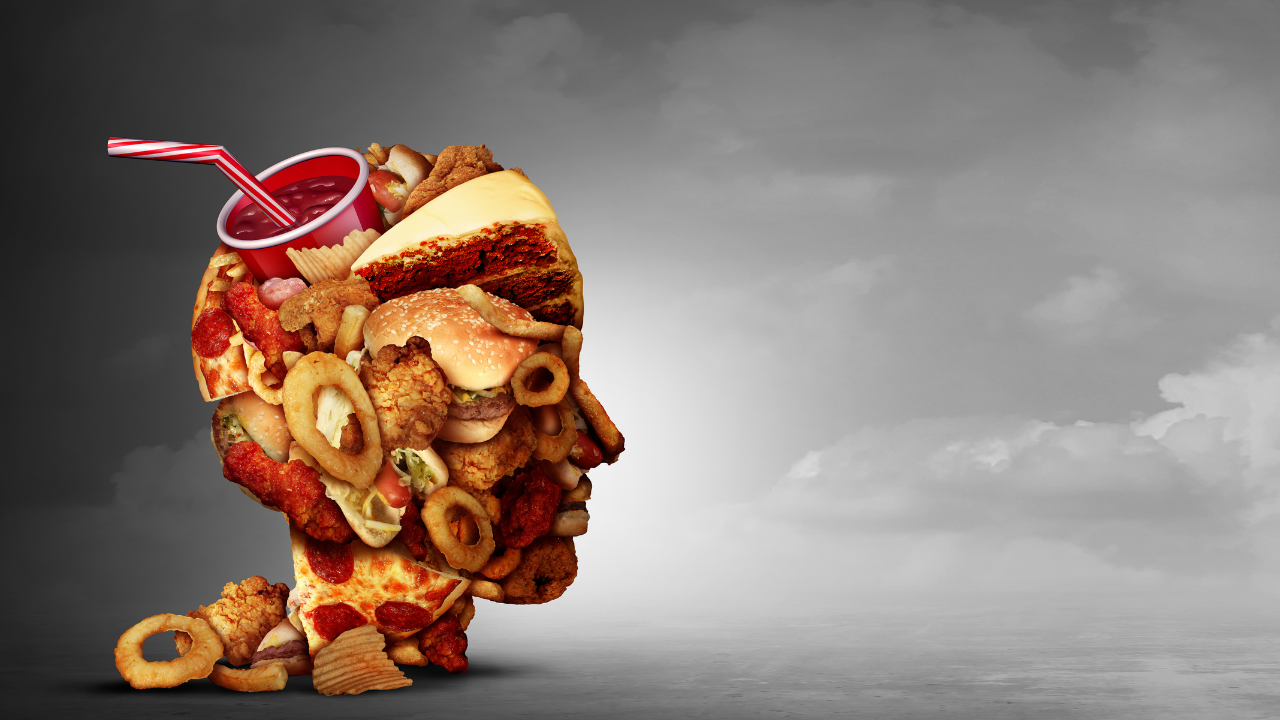
31 Oct How to Reverse Type 2 Diabetes: Understanding Emotional Eating and Its Impact
Food is more than just nourishment; it often holds deep emotional significance. Many people turn to food for comfort, stress relief, or celebration. This phenomenon is known as emotional eating, and it can disrupt blood sugar balance, contribute to insulin resistance, and make reversing type 2 diabetes more challenging.
In this article, we explore emotional eating, its causes, effects, and practical strategies to manage it, helping you regain control of your health and support efforts to reverse type 2 diabetes naturally.
What Is Emotional Eating and How Does It Affect Blood Sugar?
Emotional eating is when we consume food in response to emotions rather than physical hunger. Stress, sadness, boredom, anxiety, or even happiness can trigger it. Unlike physical hunger, emotional hunger is sudden, urgent, and often linked to cravings for specific foods such as chocolate, sweets, or high-carb snacks.
This behaviour can lead to irregular blood sugar spikes and crashes, contributing to insulin resistance, weight gain, and making it more difficult to reverse type 2 diabetes.
What Causes Emotional Eating?
Stress
High stress levels increase cravings for comfort foods high in sugar, salt, and unhealthy fats. Stress hormones can amplify hunger and impulsive eating, creating a cycle of blood sugar imbalance.
Emotional Triggers
Life events, whether challenging or celebratory, can trigger emotional eating. A breakup, a loss, or even a particularly good day may lead to turning to food as a coping mechanism or reward.
Boredom
Lack of stimulation or purpose often leads to mindless snacking or eating out of sheer boredom.
Social and Environmental Influences
Social gatherings, peer pressure, or celebrations can encourage overeating and consumption of unhealthy foods.
Habit
Over time, emotional eating becomes habitual. Many people eat on “auto-pilot,” overconsume, and don’t notice until they feel physically overfull or experience guilt and shame.

What Are the Effects of Emotional Eating?
- Weight Gain: Excess calories from emotional eating can lead to fat storage and obesity.
- Emotional Rollercoaster: Temporary comfort is often followed by guilt, shame, or regret.
- Health Issues: Chronic emotional eating increases risk of heart disease, type 2 diabetes, and digestive problems.
- Ineffective Coping: Reliance on food may prevent developing healthier coping strategies like exercise, journaling, or mindfulness.
How Can You Identify Emotional Eating?
Recognizing your triggers is key. Keeping a food diary that notes what you eat and your emotions can help.
- Sudden Hunger: Emotional hunger hits quickly and feels urgent or desperate, unlike gradual physical hunger.
- Specific Cravings: You want particular foods (like chocolate or junk food) rather than anything edible.
- Overeating: Emotional eating often leads to eating large quantities quickly, without enjoyment or mindfulness.
- Lack of Satisfaction: You may continue eating even when full, leading to guilt and increased cravings.
What Strategies Can Help Manage Emotional Eating?
1. Find Healthy Alternatives
Exercise, journaling, deep breathing, or meditation can redirect emotional responses away from food.
2. Practice Mindful Eating
Focus on physical hunger cues, savour each bite, and avoid distractions like TV or smartphones.
3. Seek Support
Talk with friends, family, or a therapist. Discussing emotions and challenges can reduce the need to turn to food.
4. Make Healthy Food Choices
Stock your kitchen with satisfying, nutritious snacks so that when emotional eating strikes, you have better options.
5. Professional Help
If emotional eating is deeply ingrained, consider guidance from a therapist or counsellor specializing in eating disorders.

How Does Managing Emotional Eating Support Reversing Type 2 Diabetes?
By managing emotional eating, you stabilise blood sugar, reduce insulin spikes, and support weight management. These changes make it easier to reverse type 2 diabetes naturally and maintain long-term metabolic health.
For more guidance, explore Dr Nerys’ 3-Part Health Breakthrough Video Series and download your free Blood Sugar Guide.
Conclusion: Regain Control of Your Emotions and Your Health
Emotional eating is common and understandable, but it can negatively impact both physical and emotional health. By increasing awareness, implementing healthier coping strategies, and seeking support when needed, you can regain control over your eating habits, stabilise blood sugar, and support efforts to reverse type 2 diabetes.
Small, consistent steps—mindful meals, healthy alternatives, and emotional awareness—can lead to lasting change and improved health outcomes.
